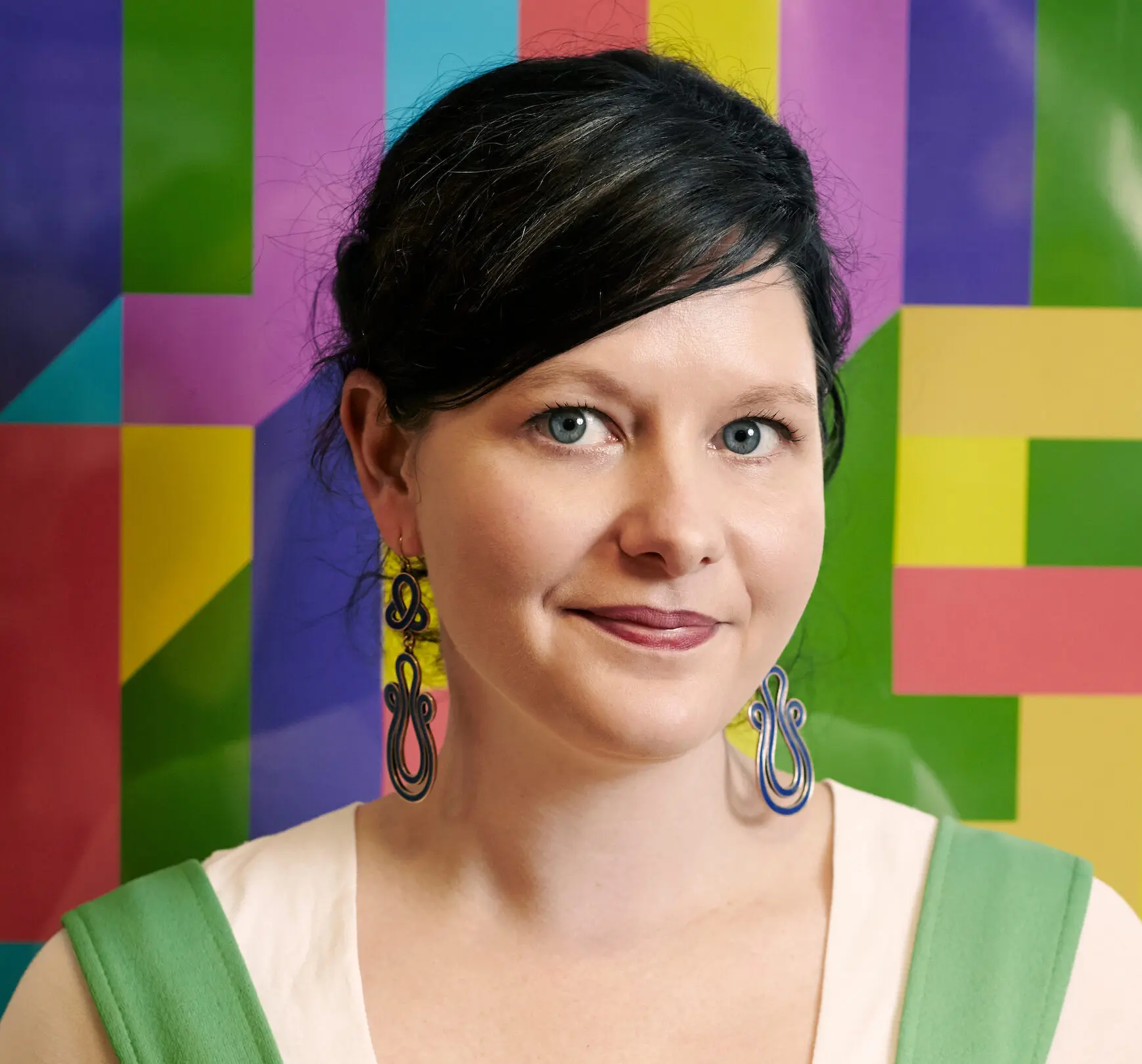The following is an extract from the official British Academy Games Awards brochure.
Siobhan Reddy has always been encouraged to dream a little bigger. Paying tribute to her feminist mother and a “very, very influential” older sister, she recalls a happy childhood where “there was nothing that we were ever told we couldn’t do.”
Born in South Africa and raised in Australia, an adult Reddy moved overseas, arriving in the UK to realise her ambitions. She successfully applied for an entry-level job at Perfect Entertainment, before moving to Guildford’s Criterion Games, where she worked for seven years.
By her mid-20s, she found herself tempted to move away from games. But Lionhead Studios alumni Mark Healey, David Smith, Kareem Ettouney and Alex Evans decided to found Media Molecule, and Reddy’s head was turned. “They were brilliant and I loved the games that they made,” she says. “What they wanted from me was somebody who could ship things.”
That’s a typically modest assessment of Reddy’s role at the studio. The regularity and enthusiasm with which she credits her peers bespeaks a generous nature that has proven key to Media Molecule’s success. She concedes that this didn’t happen immediately, with the award-winning debut LittleBigPlanet proving to be “a lot of hard work”. But since then, she’s been keen to establish a better work-life balance for her fellow Molecules, while ensuring everyone is free to share ideas and feels like their voice is valued. “Maybe this is just romantic, but it’s about that general feeling of a collective,” she explains. “People are important.”
PS Vita adventure Tearaway followed LBP 1 and 2 in 2013, epitomising the player-focused visual tactility, and what Reddy calls “playful anarchy”, that runs through all of the studio’s games. Then came its most ambitious project to date. Unveiled in 2013, Dreams gradually took shape throughout the PlayStation 4 era, finally emerging last year as a collaborative creative toolset of unprecedented scope.
Dreams, Reddy says, is “a constant work-in-progress”, and she applies the same description to the studio’s own culture. As a persistent and vocal advocate for women in games throughout her career, Reddy recognises that her own work towards greater inclusivity is an ongoing effort. “It’s like a garden,” she says. “Culture is not this static thing that you arrive at. It constantly needs tending and growth and new ideas. We’ve got a lot to learn and we’ve got a lot to do.”
Reddy and Media Molecule’s success go hand in hand, but perhaps it’s the freewheeling creativity she experienced in her childhood, and that she has helped instil in the studio she runs, that has played a big part in that, too. “I feel like I grew up seeing a lot of great role models around me all trying to find their voice,” she says. “If there’s anything I want to represent, it’s that there’s no box for people. There’s no such thing as one way of being, or one cookie-cutter mould for how we should be.”
Media Molecule, which celebrates its 15th anniversary in 2021, really is a place where Dreams can come true.





